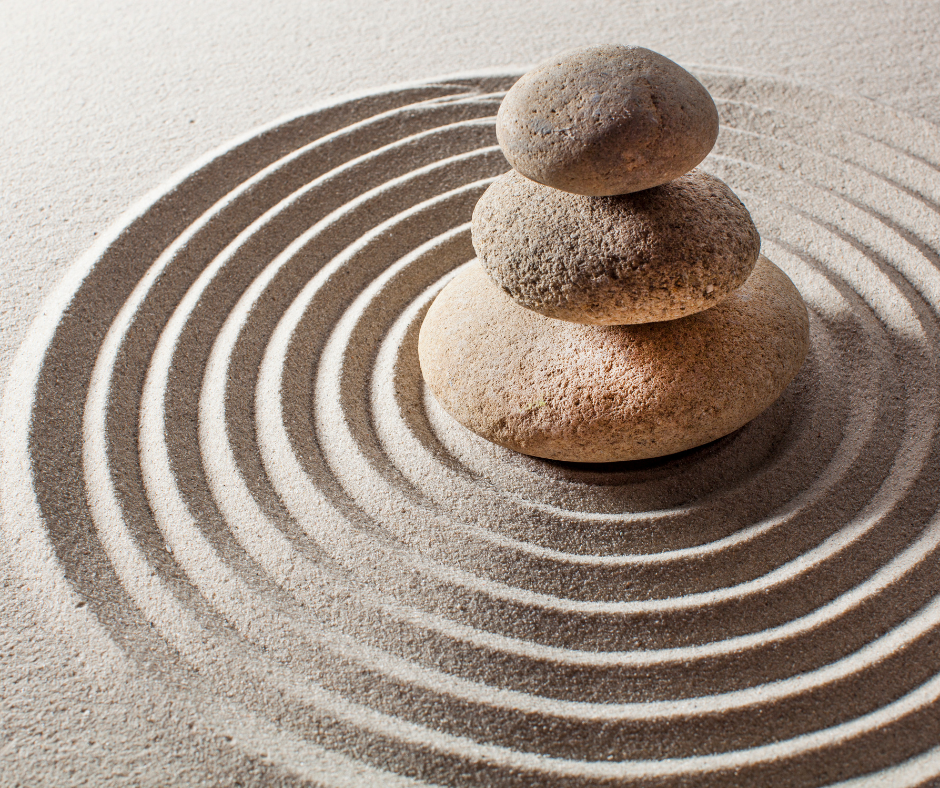
Meditation
Meditation sessions can be a valuable tool for individuals looking to improve their mental and physical well-being, and cultivate a greater sense of calm and relaxation in their daily lives.
Meditation sessions are guided or self-directed practices that involve focusing one’s attention on a particular object, thought, or sensation in order to cultivate a state of calm and relaxation.
Meditation sessions are structured activities that involve sitting or lying down in a quiet, comfortable space, and practicing various forms of meditation, such as breath awareness, body scan, or visualization.

Meditation
Characteristics of our Meditation sessions:
- Guided instruction: Meditation sessions may be led by a teacher or instructor who provides guidance on how to practice meditation.
- Focus on the present moment: Meditation sessions encourage participants to focus their attention on the present moment, rather than getting caught up in worries about the past or future.
- Non-judgmental awareness: Participants are encouraged to observe their thoughts and emotions with a sense of openness and curiosity, without judgment.
- Duration: Meditation sessions can vary in length, from a few minutes to several hours, depending on the type of meditation and the individual’s preference.
- Environment: Meditation sessions are typically held in a quiet and peaceful environment, free from distractions and interruptions.
- Posture: Participants may be encouraged to sit cross-legged on the floor or on a cushion, or to lie down with their arms and legs uncrossed, in order to promote relaxation and alertness.

Meditation
Benefits of our Meditation sessions:
- Reduced stress and anxiety: Meditation has been shown to reduce levels of stress and anxiety, as well as improve mood and emotional well-being.
- Improved focus and concentration: Regular meditation practice can enhance attention and concentration skills, leading to improved performance in work or school.
- Better sleep: Meditation has been linked to better sleep quality, and can be a helpful tool for those who struggle with insomnia or sleep disturbances.
- Increased self-awareness: Meditation can help individuals develop greater self-awareness, and become more attuned to their thoughts, feelings, and bodily sensations.
- Reduced symptoms of depression: Meditation has been shown to reduce symptoms of depression, including negative thinking patterns and rumination.
- Lowered blood pressure: Regular meditation practice has been linked to lower blood pressure, which can reduce the risk of heart disease and stroke.
- Improved immune function: Meditation has been shown to boost immune function, which can help individuals stay healthy and fight off illness.
- Enhanced emotional regulation: Meditation can help individuals develop greater emotional regulation skills, leading to better relationships and overall well-being.
- Reduced pain: Meditation has been shown to reduce the experience of chronic pain, making it a helpful tool for individuals with chronic pain conditions.